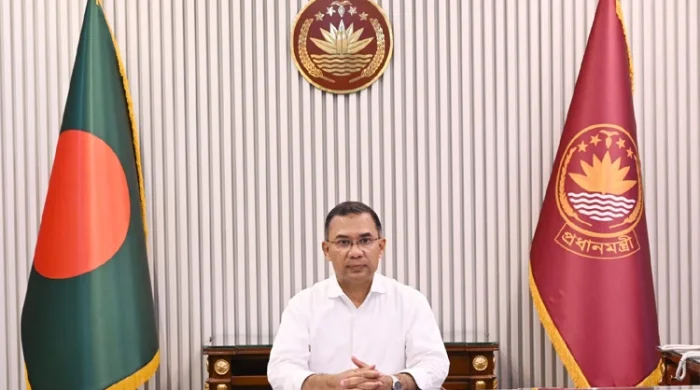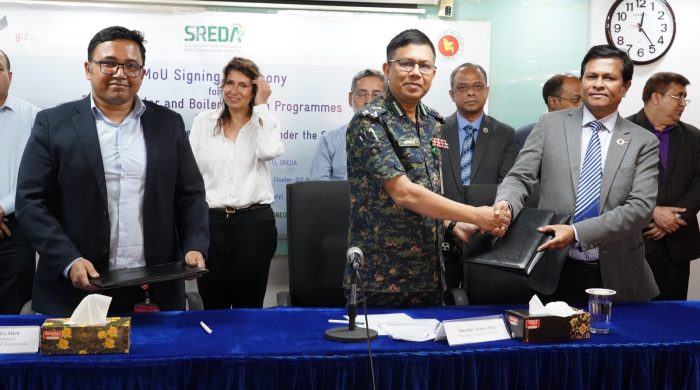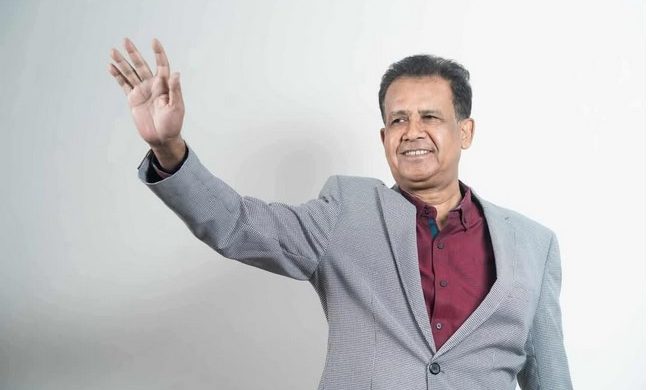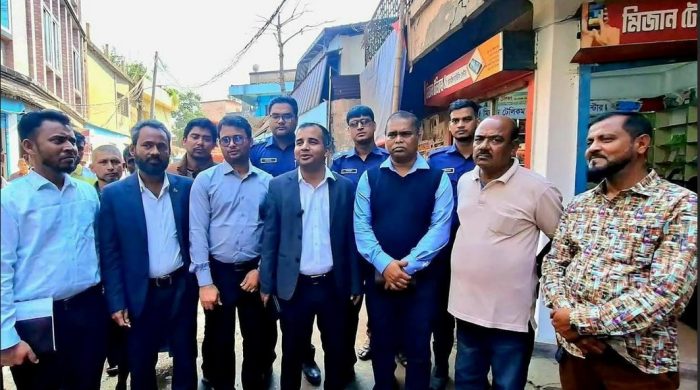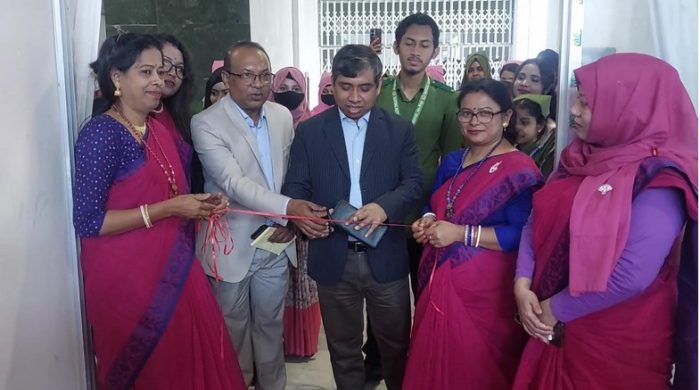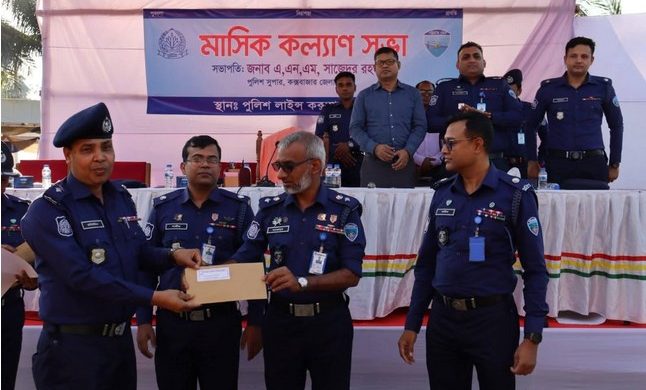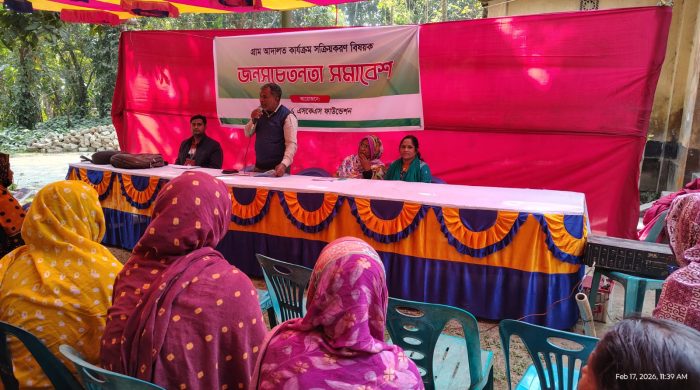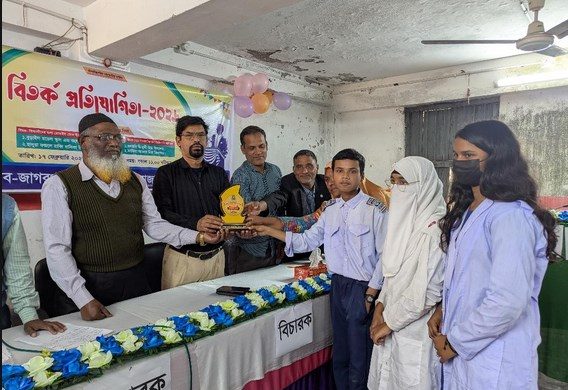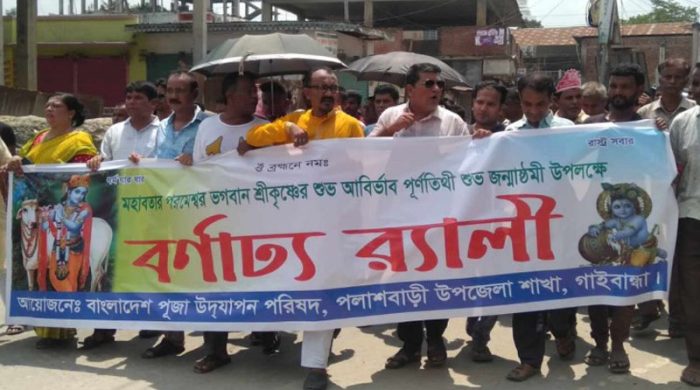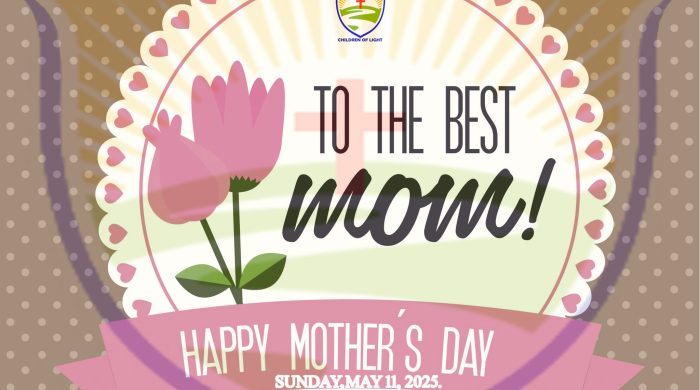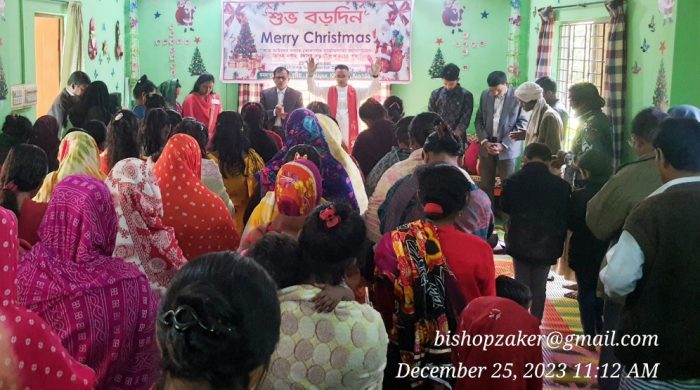Robust Laws and Interventions are Key to Protect the Informal and Marginalized Workers
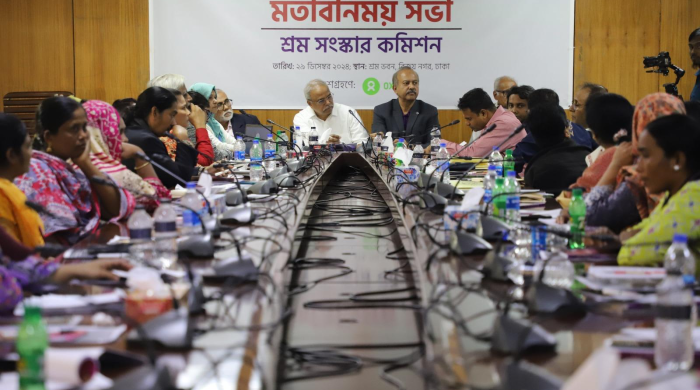
Staff Reporter
Bangladesh’s informal sector, which employs more than 85 per cent of country’s labour force (96.6 per cent of them are women), remains largely excluded from formal labour laws, leaving millions vulnerable to unsafe conditions, exploitation, and economic insecurity. Domestic workers, home-based garment workers, tea plantation workers, and fisherfolk are among the most marginalized, facing significant challenges such as a lack of fair wages, social protections, and basic workplace rights.
To address these challenges, Oxfam and its partners emphasized the need for Bangladesh to ratify key international conventions, including ILO Conventions C189, C190, and C188, to extend legal protections to informal workers. The recommendations also included setting minimum wage standards, ensuring access to social safety nets such as health insurance and pension schemes, and strengthening enforcement mechanisms for workplace safety and rights monitoring.
Oxfam presented these insights and recommendations during a meeting today with the Labor Reform Commission with a paper. The Commission convened this meeting at Shram Bhaban, bringing together representatives from the government, Oxfam, NGOs, development partners, media, and civil society organizations. The objective was to discuss strategies to protect informal workers and improve their working conditions while aligning Bangladesh’s labor policies with international standards.
Joining the session, Syed Sultan Uddin Ahmed, Head of the Labor Reform Commission, emphasized: “Protecting informal workers is not just an economic issue—it is a matter of justice. Recognizing their contributions ensures dignity for all.”
Moderated by Shakil Akhter Chowdhury, Member of Labour Reform Commission, participants delved into critical issues, including the economic and social disparities marginalized workers face and the urgent need to formalize their roles within the country’s labor framework. This meeting marked an important milestone in fostering stakeholder collaboration to advance labour rights.
Mahfuzul Haque, Former Ministry of Labour and Employment Secretary, added: “Labor rights are essential for sustainable development. We must bridge the gap between policy and practice to protect our most vulnerable workers.”
According to the paper presented during the meeting by Oxfam, marginalized workers in various sectors face severe challenges. Domestic workers earn an average of BDT 5,311 monthly, far below their BDT 10,801 expenses, with 96% reporting insufficient wages and 67% facing abuse. Home-based garment workers earn as little as 50 paisa per piece, with 71% experiencing gender-based discrimination. Tea plantation workers earn just BDT 170 daily—the lowest globally—leaving 74% below the poverty line with limited access to healthcare and education. Fisherfolk lack minimum wage protections, and only 4% of women fisherfolk have received fisherfolk cards.
Salama Akter, a representative from the domestic workers community, said, “We can’t live a good life as we don’t get even a minimum salary to manage daily expenses and recognition. We are not included in the labour law; as a result, we are out of all forms of formal support.” She recommended the inclusion of domestic workers in the law.
Presenting the paper, Mehzabin Ahmed, Head of Gender Justice & Social Inclusion at Oxfam in Bangladesh, stressed: “The invisible hands driving our economy deserve to be seen, valued, and protected. Labour reforms must address the unique vulnerabilities of marginalized workers.”
Several key actions were also recommended during the meeting. Enhancing the representation of these workers in policy-making processes and labour unions is crucial to ensure their voices are heard and their rights are protected. Expanding skills development programs tailored to informal workers’ needs can empower them with better opportunities and improve their livelihoods. Gender-responsive policies must be prioritized to eliminate discrimination against women workers and promote equality in the workforce.




